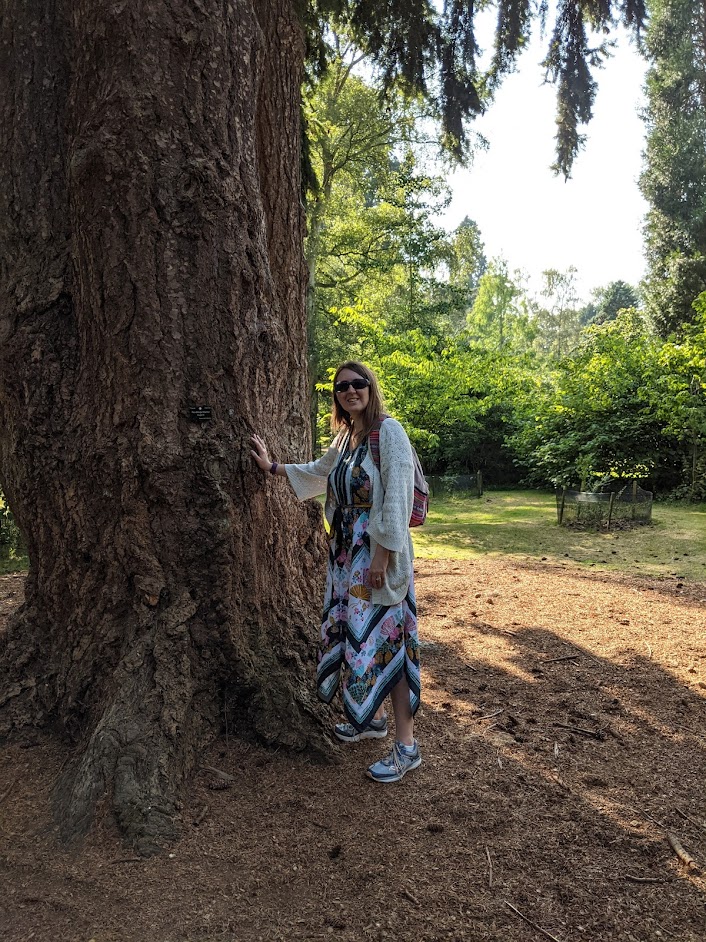This post may contain affiliate links. If you click on an affiliate link and buy something, I get a percentage of the sale. Find out more by reading my affiliate policy and disclosure.
I recently finished reading Oliver Burkeman’s book Four Thousand Weeks: Time and How to Use It*. It is a book that has hit a certain zeitgeist, I came across it on two separate reading lists, not to mention James Todd Rubin wrote an entire blog post about it.
What’s interesting is that I that I read this book shortly after reading Sinclair’s Lifespan: Why We Age, And Why We Don’t Have To*. The juxtaposition was interesting; Sinclair is all about pushing back the limits of human life, and cheerfully concludes that we will all be living (healthily) to 120+ or more in this generation. He is convincing, and let’s be honest, most of us have deep qualms about the whole ‘mortality’ thing. I came away from that book in a slight delirium, determined to look up ‘anti-aging’ drugs like Metformin (human trials so far inconclusive!) and NMN (unregulated supplement with a high price tag!).
(The rest of the anti-aging advice, for what it’s worth, boiled down to ‘eat less and exercise’. A revelation, I know.)
Burkeman, meanwhile, points out that we have a limited number of weeks and yoking ourselves to the idea that we can somehow ‘optimise’ our time, to get ‘everything done’ is a fantasy, and a refusal to engage with the reality of mortality. We will die with things left undone. We will not achieve all of our goals. Our kitchens will be untidy sometimes. We will not be as fit as we could be. We will not be as rich as we could be. Even Churchill or Steve Jobs will one day be forgotten.
An old boss of mine once asked me if I wanted kids, and when I said no, asked me what I wanted to achieve instead. Truthfully, I have no great ambition. As a teenager I was convinced I knew how to run the world, but I have since learned that even managing a web development project is fraught, complicated and difficult. Running the world seems like it would mostly be about attempting to negotiate between a bunch of egos, and I genuinely have no desire to do that.
And so, no, I don’t want to save the world. The world will continue on long past humans go extinct, regardless of what I do or don’t do.
What I want is to make a few people around me smile, walk under some trees, enjoy a few sunsets.

And yet, as Burkeman points out in Four Thousand Weeks, mostly I don’t do those things. Instead I attempt to get through ambitious ‘to-do’ lists. I love a good colour-coded schedule of time, a well organised to-do list with tags and categories, or some new goal to work towards like reading the ‘100 greatest novels of the 20th century’. As if I could achieve inner peace by somehow crossing a bunch of things of a list.
By constantly working towards the finish line, we miss out on experiencing the thing itself. We miss out on experiencing life. In a constant rush to make the most out of our (limited) time, we cram our days full of so much that… in truth… we end up not really enjoying most of it.
Today was a lovely day, P and I went to an arboretum and wandered about. It wasn’t really for anything, except to enjoy a nice day out. I have a ton of stuff that I ‘should’ be doing. But on the whole, I’m glad I did the useless but pleasant thing instead.